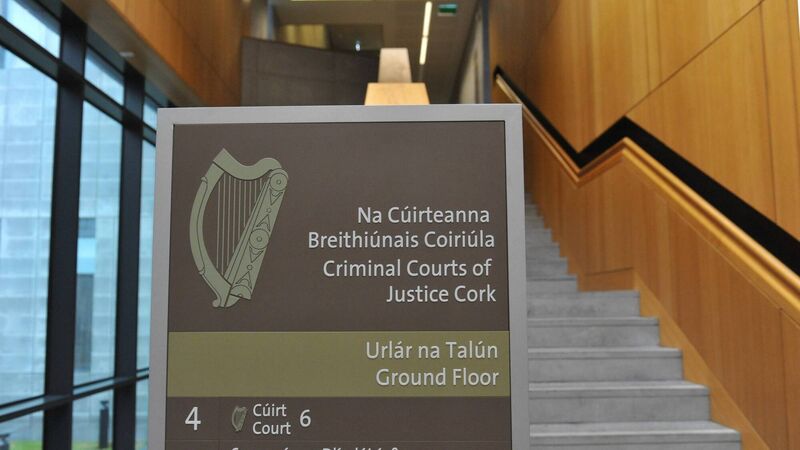Shannon murder trial hears single stab wound to the heart killed young Limerick man

Ms Justice Eileen Creedon and the six women and six men of the jury were told at the outset that the incident at the centre of this trial occurred in the early hours of the morning following celebrations after the St Patrick’s Day Grand Slam win by the Irish rugby team in 2018. File photo: Larry Cummins
One stab wound to the heart proved fatal for a young Limerick man at a nightclub in Shannon four years ago, the pathologist declared on Friday.
23-year-old Nathan O’Neill, who was 19 at the time and from Hill Top Drive, Dooradoyle, Limerick, is on trial at the Central Criminal Court sitting in Cork on a charge of murdering Jamie Higgins at the Shannon Knights licensed premises at Tullyvarraga, Shannon, County Clare, on March 18, 2018. He admits manslaughter but denies murder. He pleaded guilty to causing serious harm to Michael Shannon.











